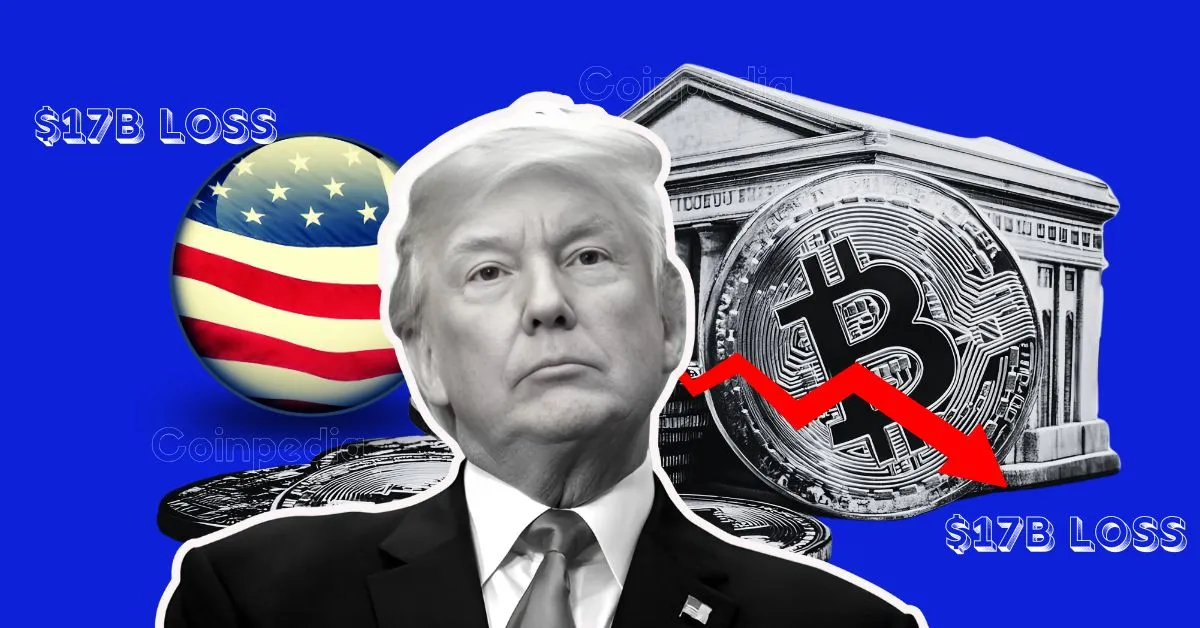
Bitcoin in the Spotlight: The U.S. at a Crossroads
As the global financial paradigm shifts, Bitcoin is taking a central role in reshaping how nations prepare for the future. Experts warn that the United States may risk falling behind in the global Bitcoin race while other countries accelerate their efforts to secure BTC as part of their national reserves. But why is Bitcoin so critical to national strategies, and where does the U.S. stand? Let’s dive into the details.
The Strategic Importance of Bitcoin
Much like gold has been a cornerstone in shaping national reserves for decades, Bitcoin is now emerging as a “digital gold.” Its decentralized nature, limited supply, and increasing adoption make it a valuable asset for economic stability and international competitiveness. Analysts like Mike Alfred predict Bitcoin could reach a valuation of $1 million per coin by 2033, potentially transforming it into a key strategic asset for nations worldwide.
Countries such as Pakistan are already preparing to buy Bitcoin, positioning themselves to gain an upper hand in the digital economy. Meanwhile, the U.S. remains hesitant to make strategic BTC acquisitions, risking losing valuable ground if other nations exploit this head start.
America’s Delayed Action
In March, the U.S. took a critical administrative step when former President Donald Trump signed an executive order outlining the framework for a Strategic Bitcoin Reserve. However, this initiative has yet to be activated, leaving the U.S. in a holding pattern as its competitors take bolder steps. Entrepreneur Mike Alfred warns that the government is unlikely to act decisively until other nations “apply enough external pressure” by aggressively accumulating Bitcoin themselves.
The Call for Urgency
Industry leaders like Galaxy Digital’s Alex Thorn and Bitcoin advocate Samson Mow are urging the U.S. to accelerate its efforts. Thorn suggests there’s a “strong chance” of the U.S. announcing plans to hold Bitcoin by the end of the year. At the same time, Mow warns that inaction now could leave America at a significant disadvantage in the coming financial revolution.
Bitcoin’s ability to hold value over time, especially in an increasingly digital financial ecosystem, is why many experts believe it will become a standard asset held in national reserves within the next decade. Cathie Wood from ARK Invest and Brian Armstrong, the CEO of Coinbase, also project that Bitcoin will play a major role in global financial systems by 2030.
Why the Time to Act Is Now
Waiting too long could jeopardize the U.S.’s position as a global economic leader. With Bitcoin prices currently experiencing volatility due to high interest rates, a stronger U.S. dollar, and fading hopes for near-term Federal Reserve cuts, this may be the perfect time for strategic investment at relatively lower entry points.
For those inspired to explore the cryptocurrency space, considering investing in proven platforms like Coinbase can help you get started. Coinbase provides an easy and secure way to buy, sell, and store digital assets, making it a favorite for both beginners and seasoned investors.
Final Thoughts
The global Bitcoin race is heating up, and the U.S. finds itself standing at a critical juncture. As nations like Pakistan pivot towards leveraging Bitcoin as a strategic reserve asset, it’s imperative for the U.S. to move beyond discussions and take actionable steps. Being proactive now could lay the groundwork for a stronger, more future-proofed economy in the decades to come.






